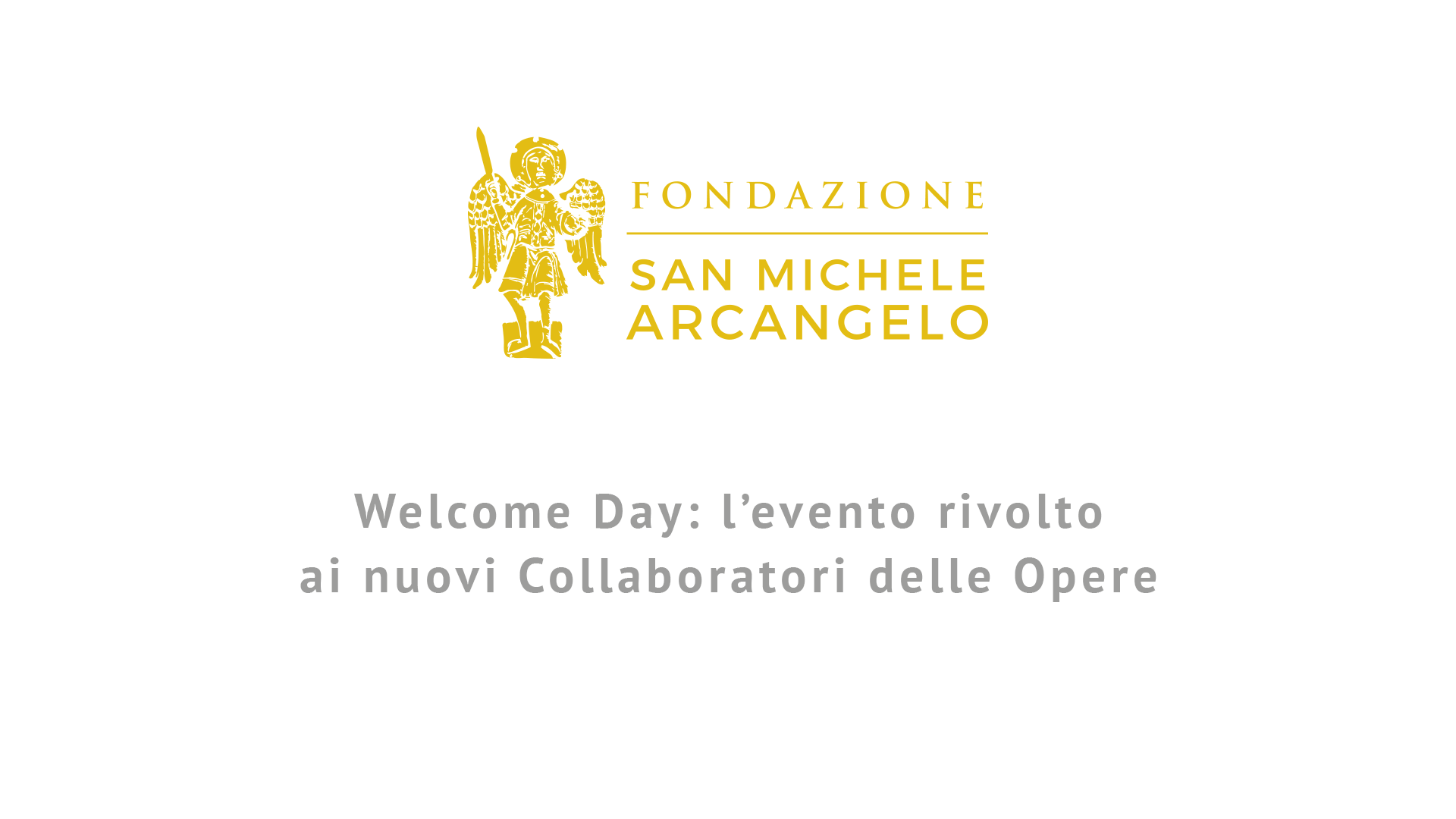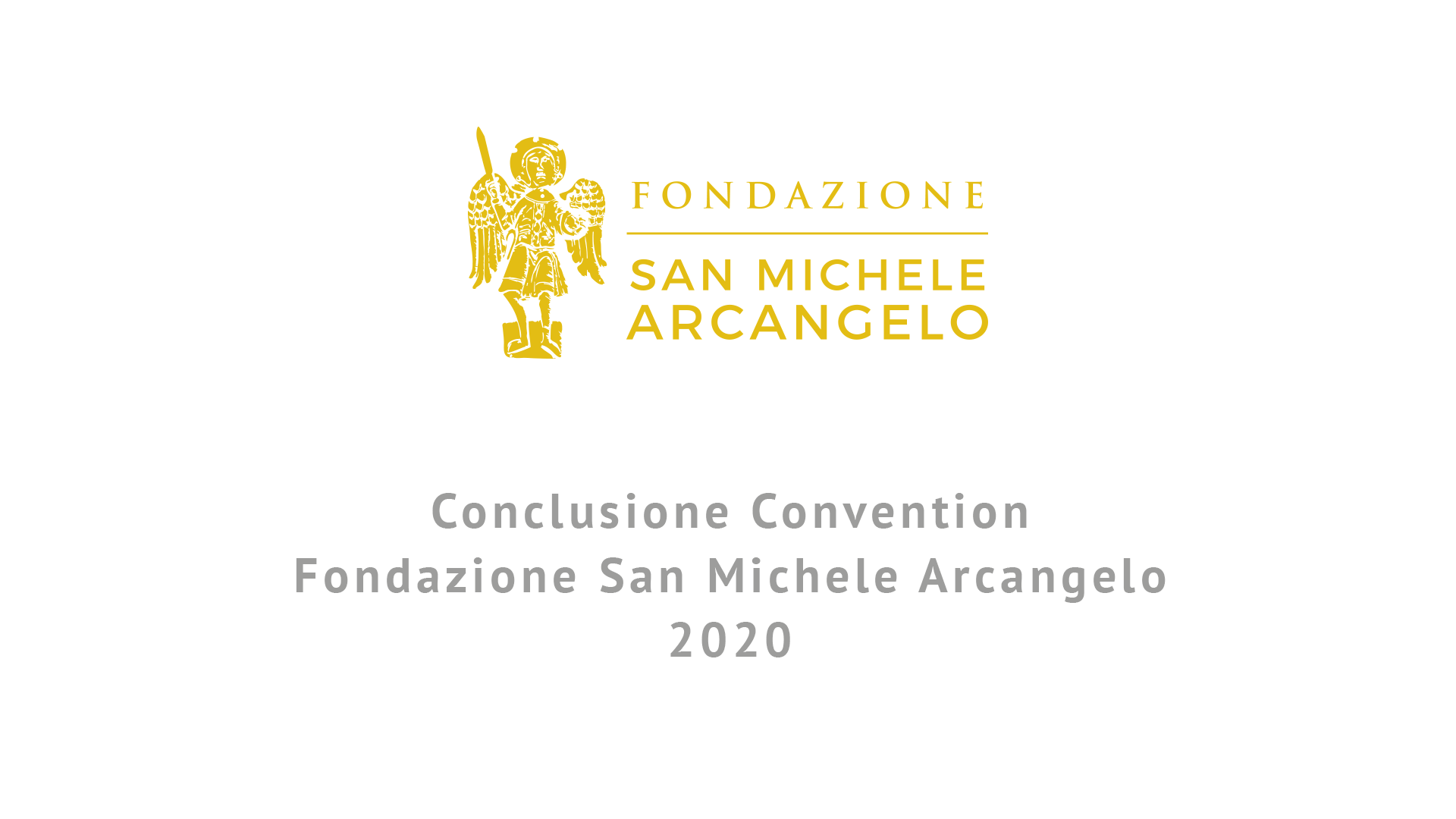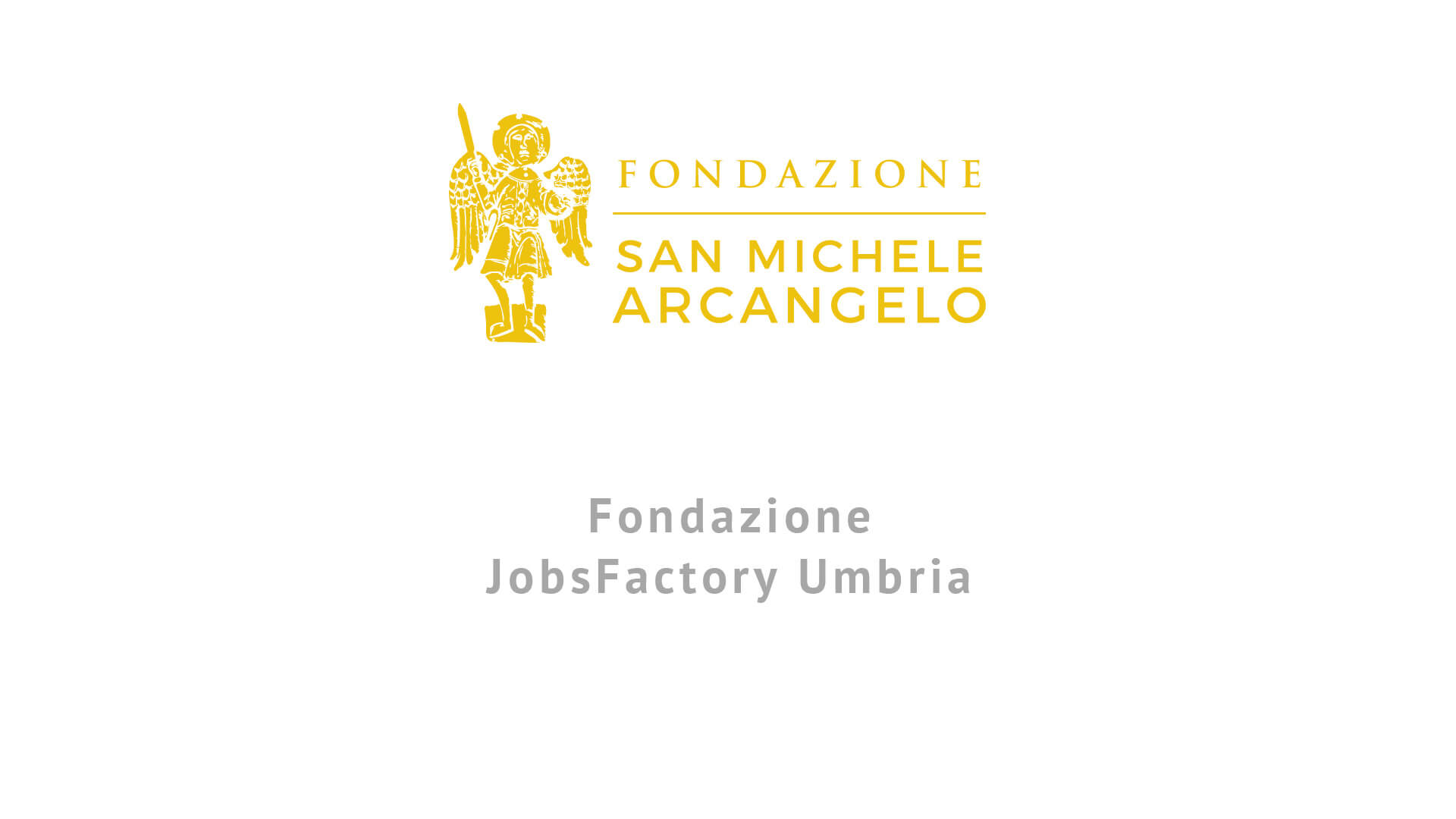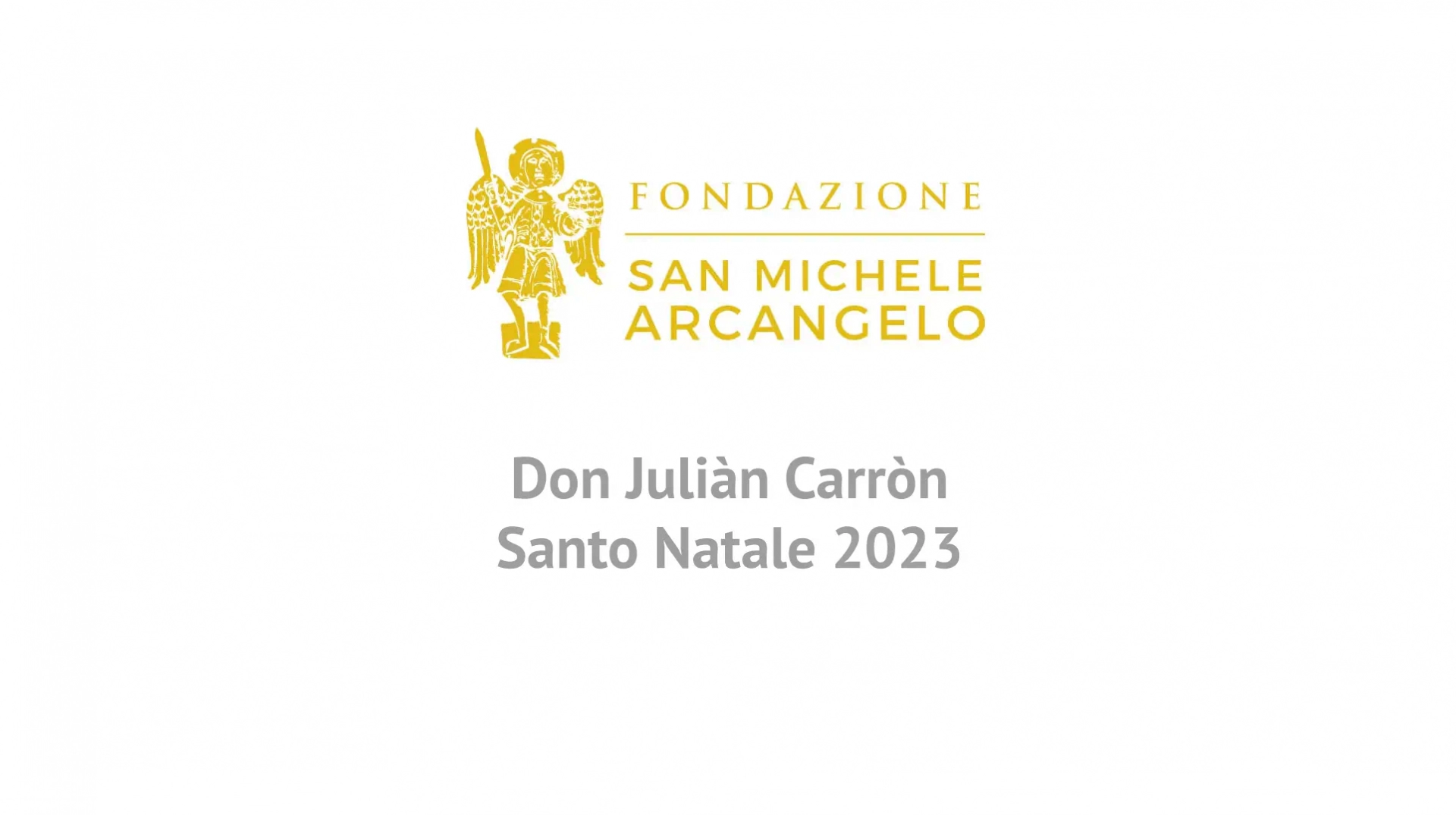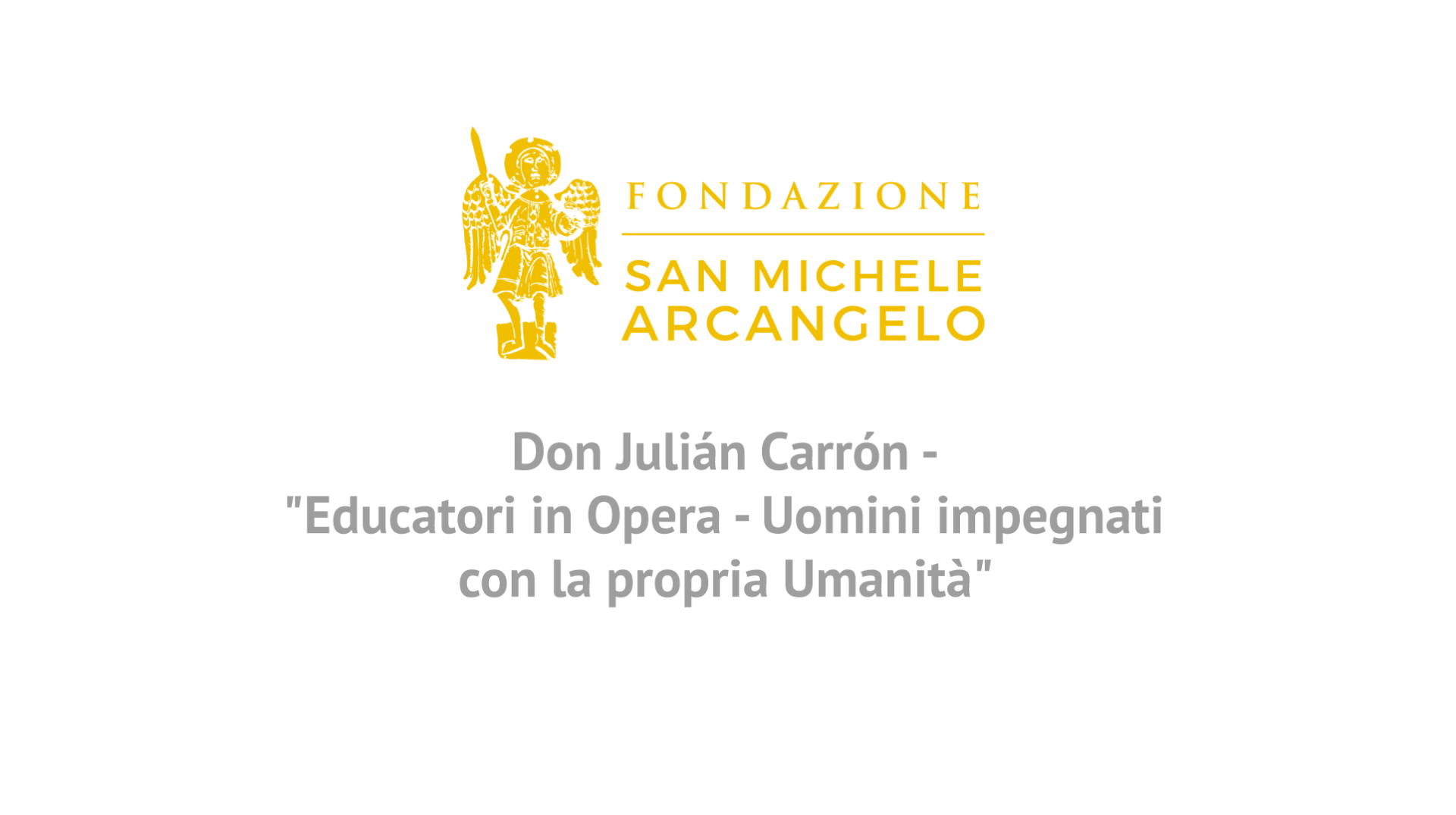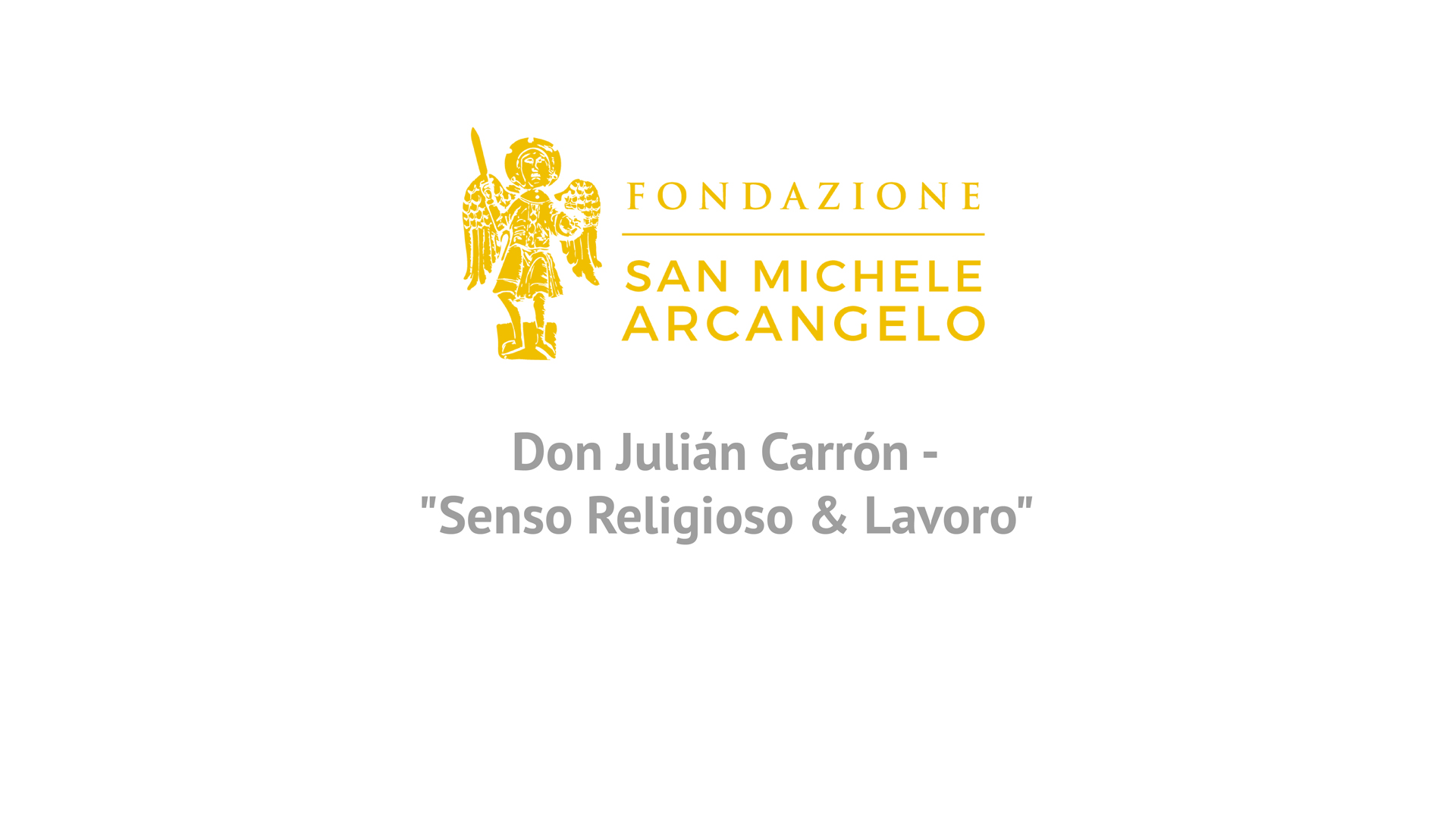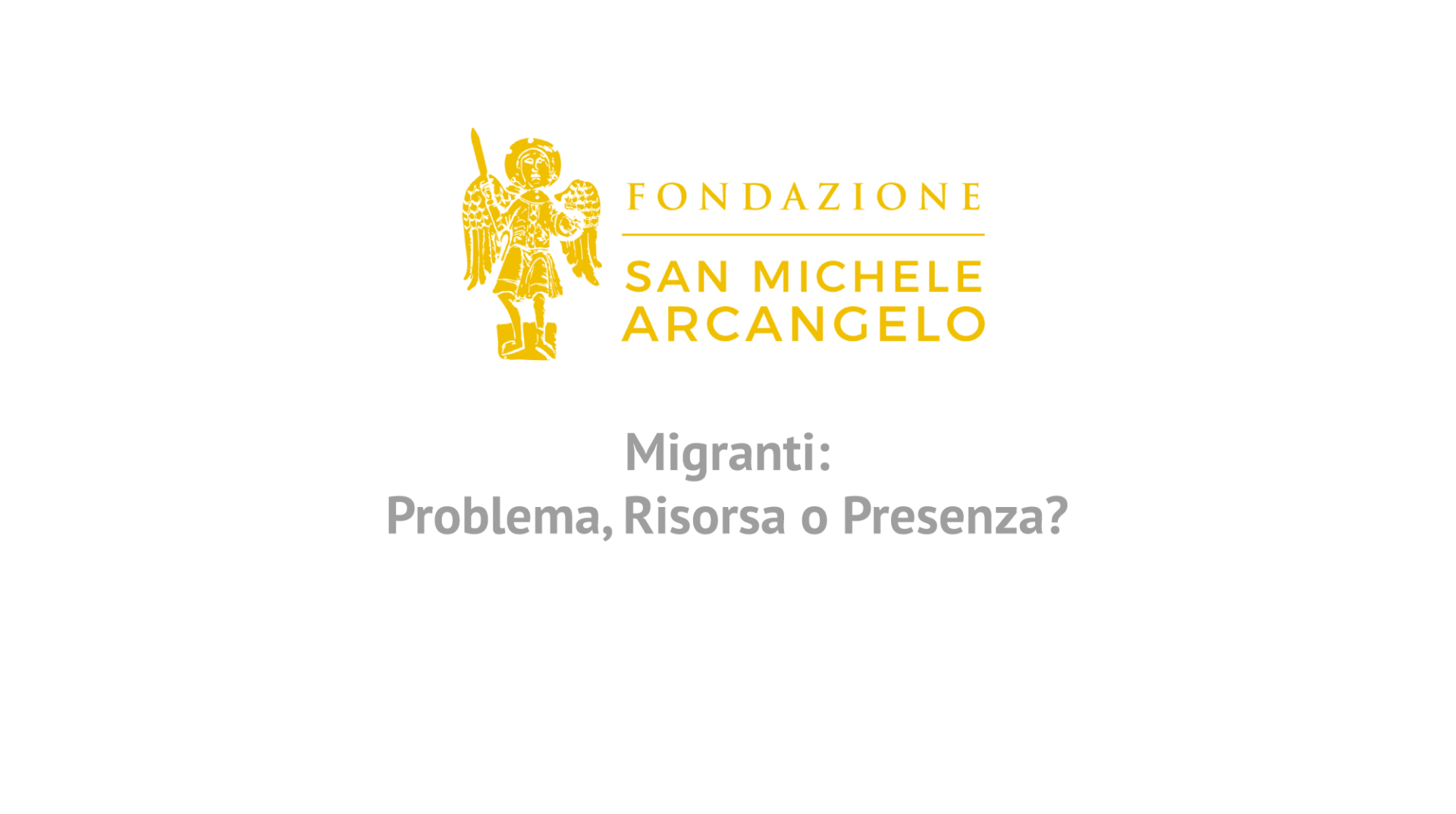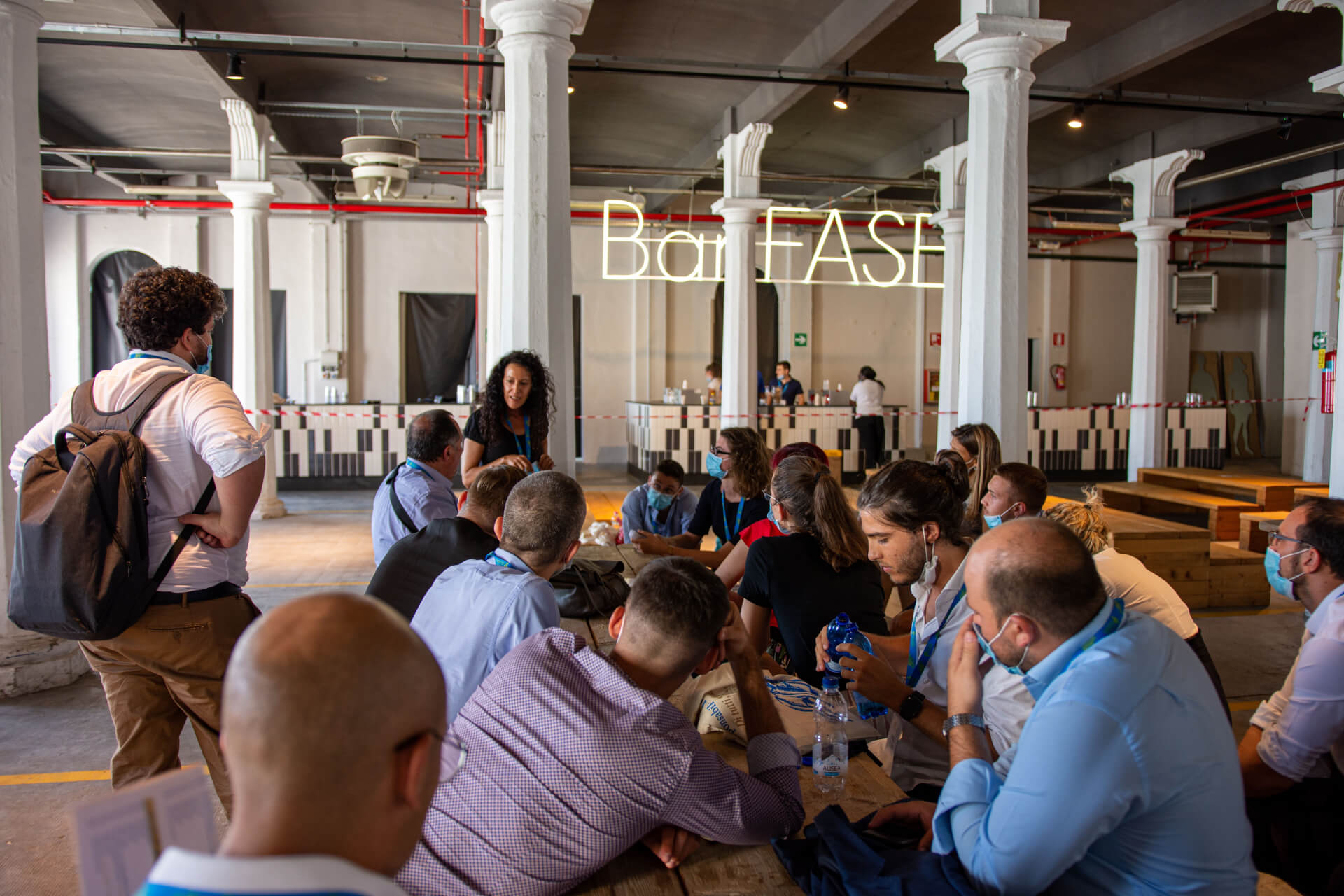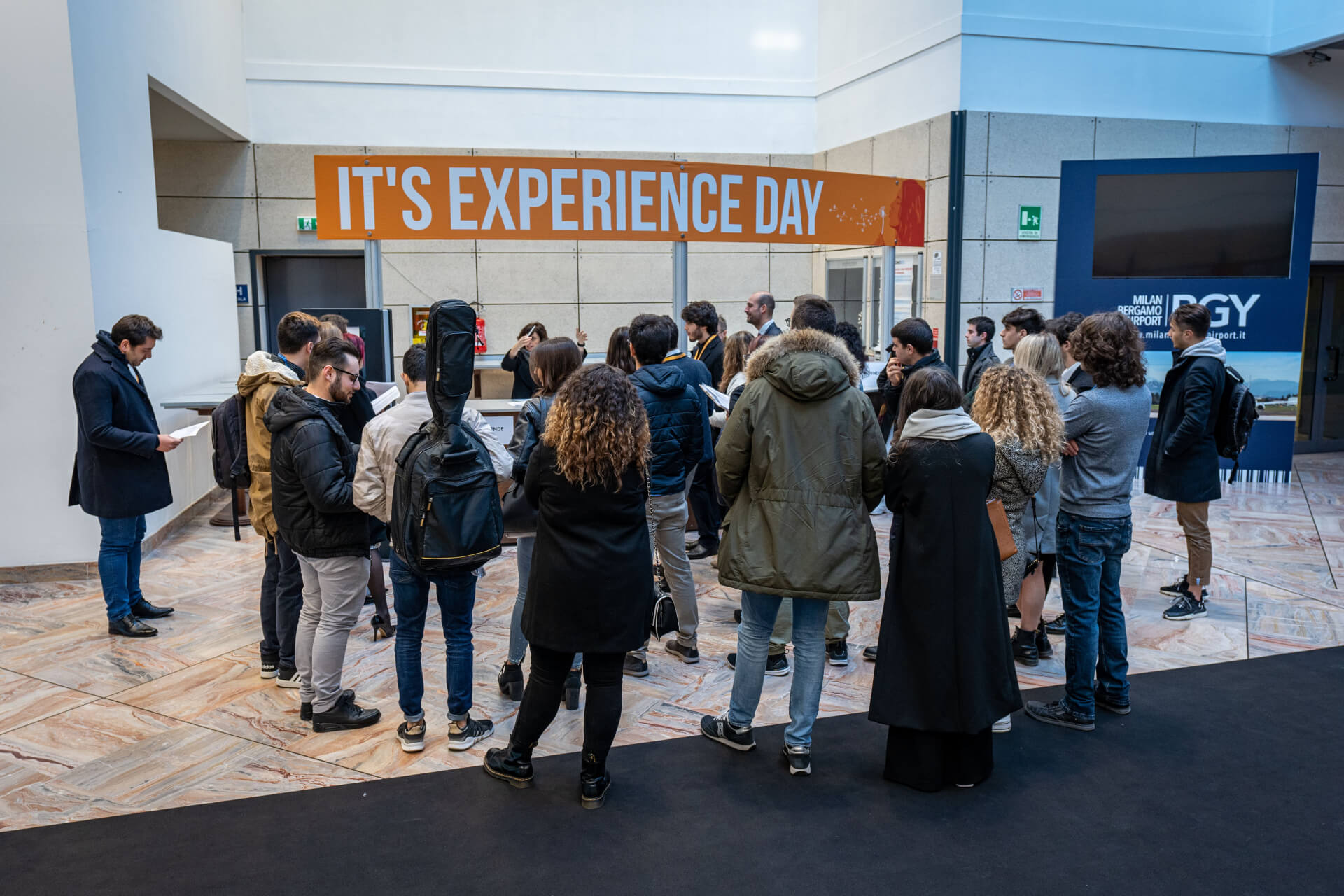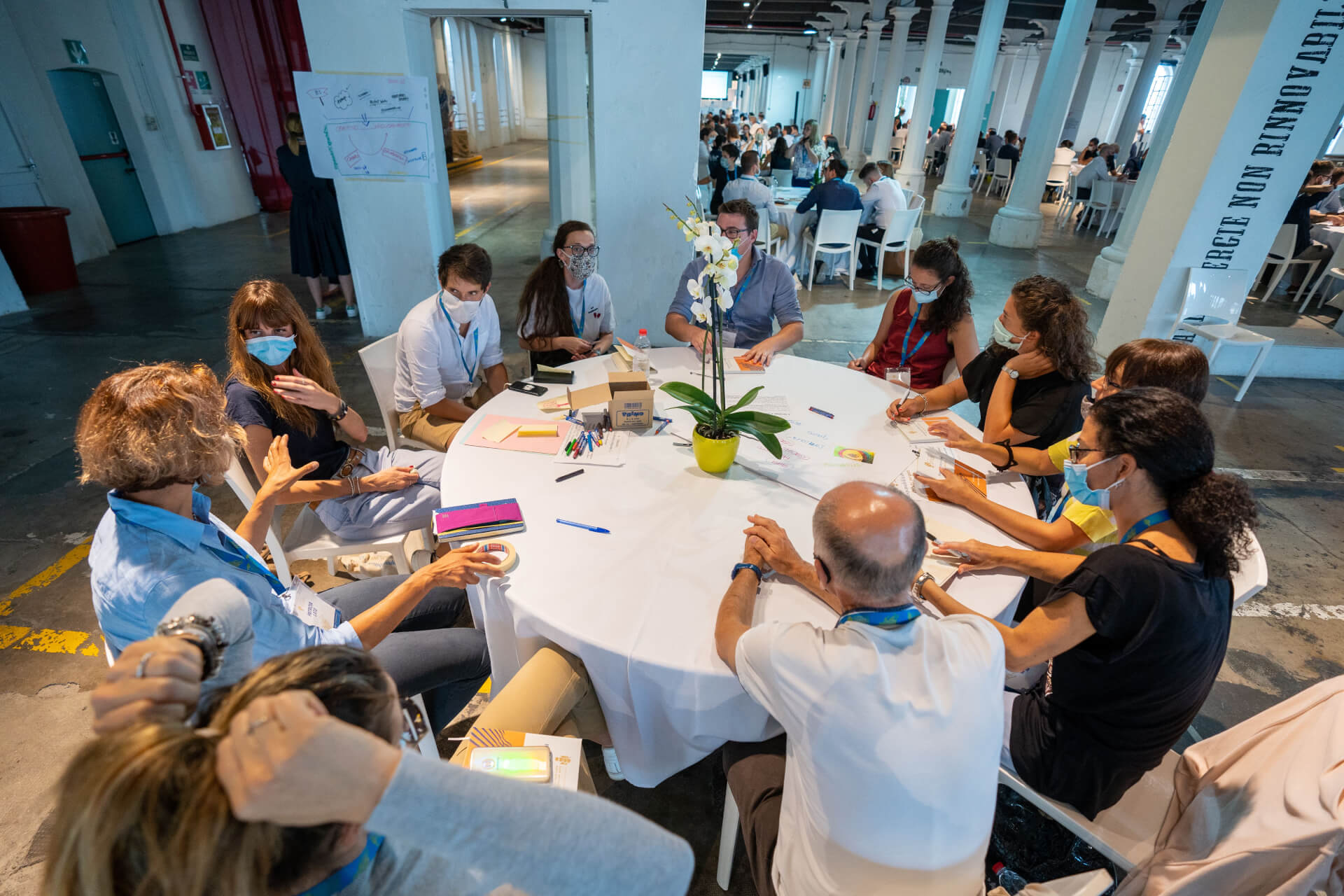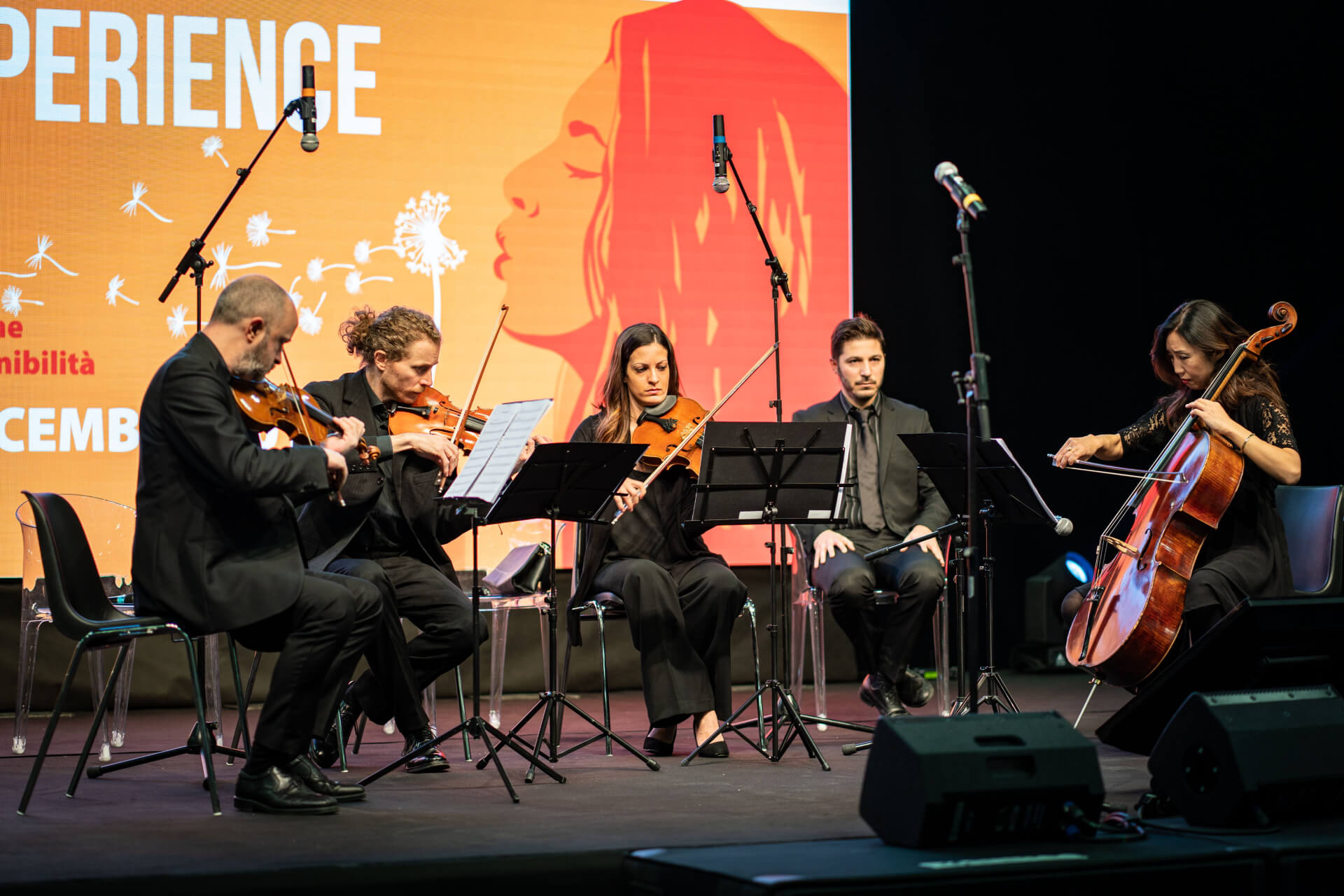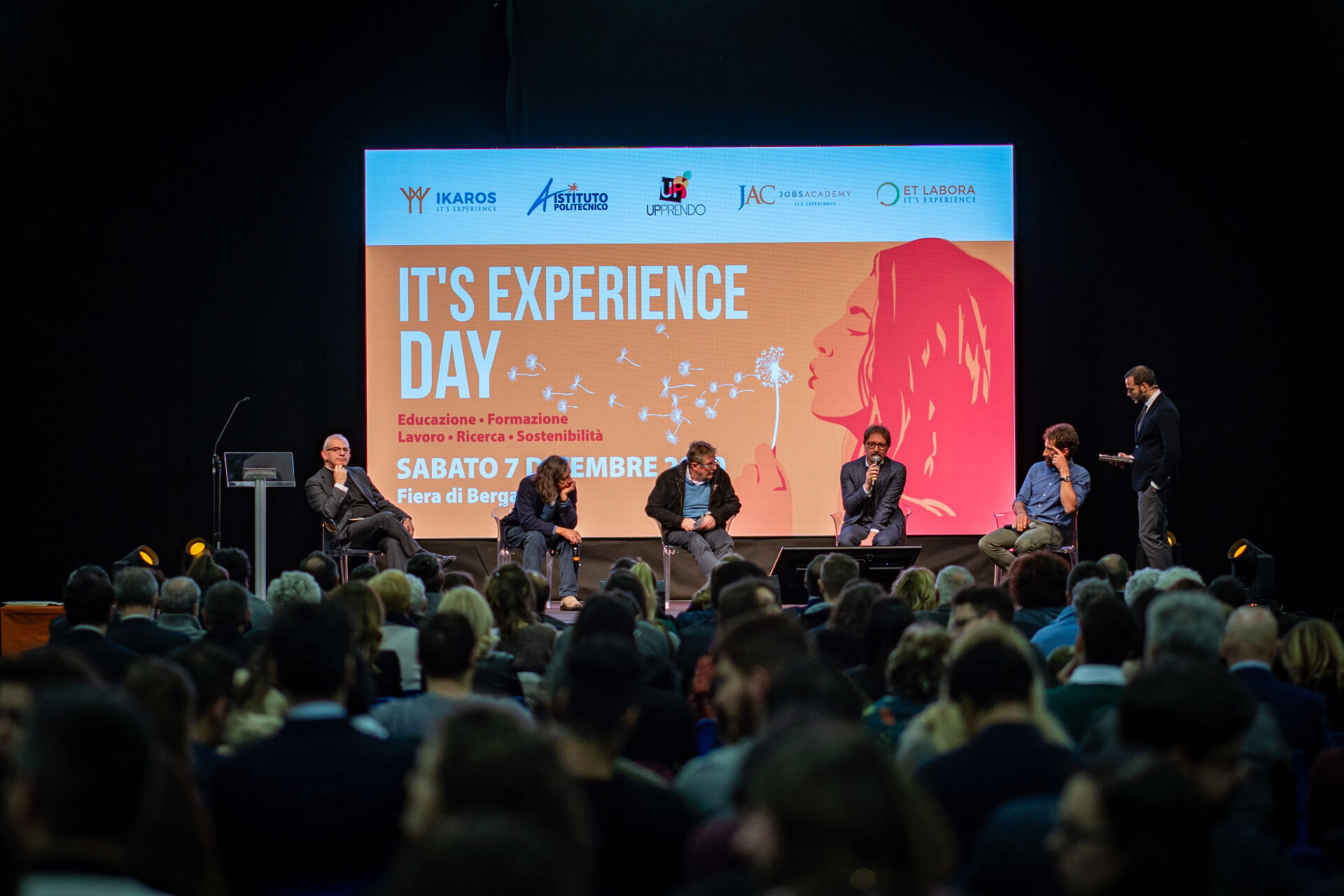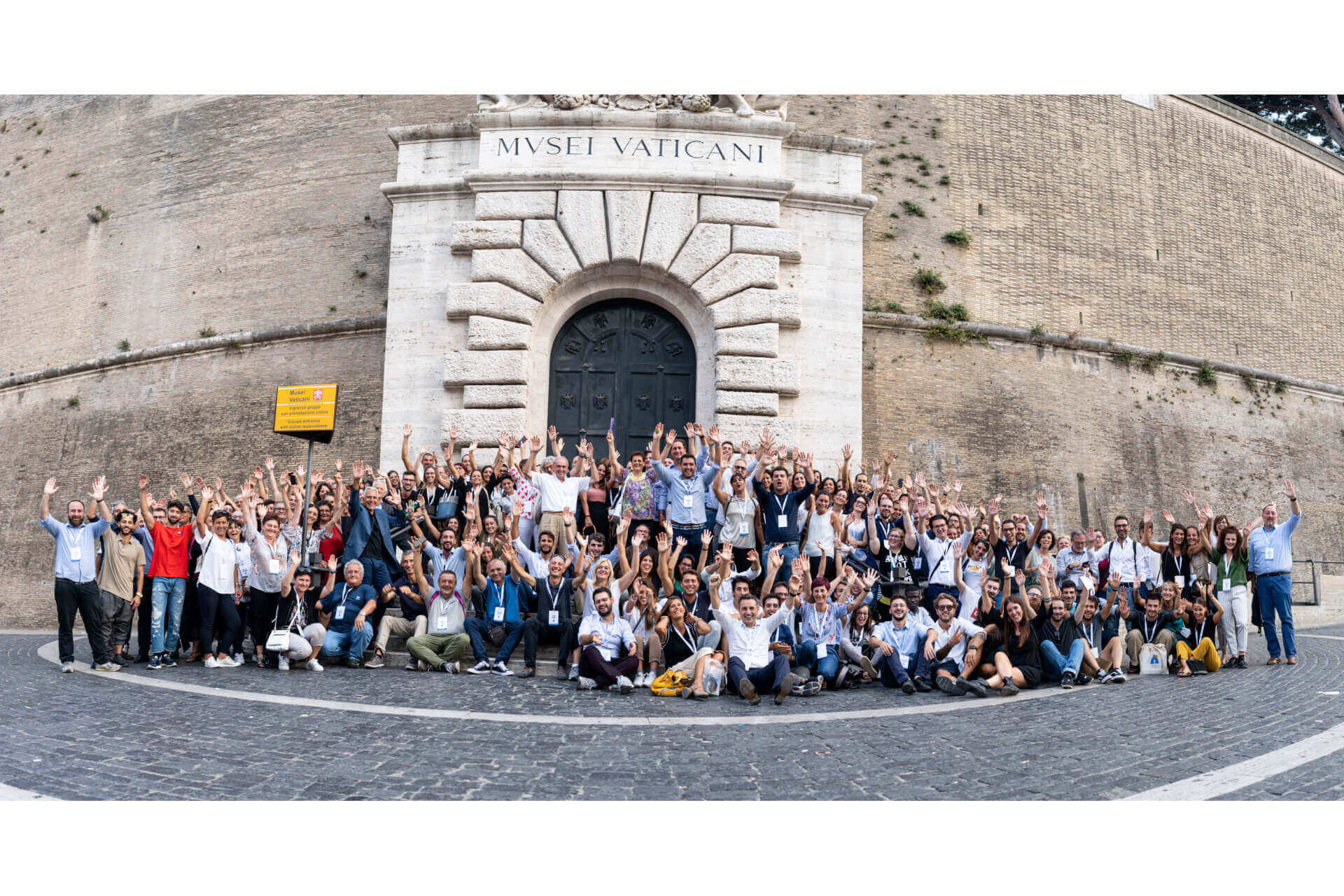In German, the same word, Beruf, means both “calling” and “profession”.
It is the same for us: working for the Organisations is a calling.
It is not a matter of “religion”: it is that we are looking for people who feel called to work with us (the Latin verb vocare means precisely that, “to call”).
When we say that one starts work at the Foundations more out of calling than profession, we mean that all collaborators must know, share and make the purpose, the charisma of the Organisation their own.
That is why anyone who works for the Organisations is an Educator: this is the role, no matter what the job. Because being able to identify with the charisma of the Organisations means, inevitably, considering it a benchmark for our own human needs, and proposing it to anyone we may encounter. Proposing it not with a speech, of course, but by the way you approach any aspect of your job.
In a word, we might say that we are all educators because we are all seriously engaged with the questions that move life forward.
The mystery of human existence lies not just in staying alive, but in knowing what we are living for.
(Fyodor Dostoevsky, The Brothers Karamazov)
So that this does not remain a pious intention, we have developed a very strict recruiting system. In fact, if the calling is but one – in life as an educator – the skills and professionalism are many; and helping each one to find “their own place” fosters both the growth of the Person and the improvement of the Organisations.
What is more, over time we have increasingly intensified the teamwork of the managers. The risk that the problems of the job prevail over the responsibility of the role is in fact always present; working as a team and constantly appealing to the charisma is a method of reducing this risk, and the problems of the job are dealt with as much as possible taking ìnto account the aims of the Organisations.
Finally, as per the remuneration of our collaborators, we have implemented a system called the Total Rewarding System, in which the following are added to the basic remuneration connected to the position:
1. A component linked to the achievement of goals that fosters the individual’s resourcefulness and responsibility;
2. A welfare component, which places importance on reconciling family and work and is identical regardless of the job classification, thus focusing on the Person rather than the job.
“One day Socrates was approached by a tormented man who said to him: “Listen Socrates, I have something important to tell you about your friend.”
“Wait a minute”, the wise man interrupted. “Have you sifted what you want to tell me through the three sieves?”
“Three sieves?” asked the other man astonished.
“Yes, my friend. Let’s see if what you want to tell me can be sifted through the three sieves.
The first sieve is that of the truth: are you convinced that everything you want to tell me is true?”
“Actually, no. I only overheard others saying it.”
“Well, surely you at least sifted it through the second sieve, the one of goodness? Even if what you want to tell me isn’t completely true, is it at least good?”
The man replied in hesitation: “I must confess that it is not, quite the contrary…”
“And did you think about the third sieve? Did you wonder what is the point of telling me these things about my friend? Is it useful for something?”
“Actually, no…”
“You see?”, continued the wise man. “If what you want to tell me isn’t true, isn’t good or useful, then I prefer not to hear about it and recommend that you forget it”.
Dan Millman, Way of the Peaceful Warrior

